The Mottolese Twins are Leading Food Retail Innovation in Italy
Table of contents
Over the last few years, two 31-year old twins, Filippo and Marco Mottolese, have grown to dominate the Italian food landscape. Their drive and innovation led to two renowned companies that they founded less than five years ago: Foorban and Miscusi.
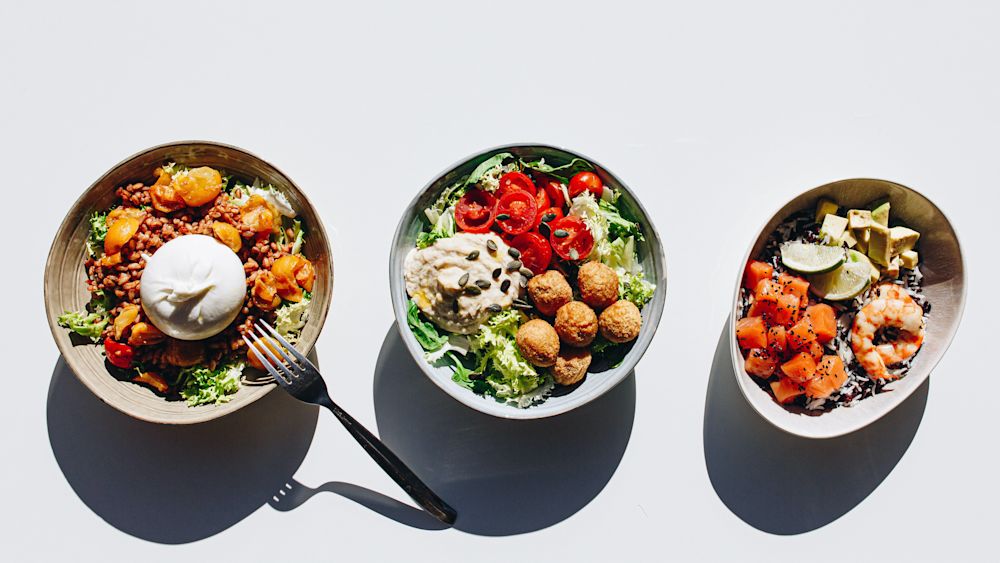
Foorban
As the brand name explains, food+urban, Foorban is the startup based on the vision of having food for urban citizens. Marco started the company with two co-founders: Stefano Cavaleri, who had 4 years of experience in marketing and finance within Vodafone, and Riccardo Pozzoli, a well-recognised visionary in digital business in Italy.
Marco and Stefano started brainstorming around how smart service could innovate lunch time for Milanese people in December 2015, while Riccardo brought his experience with American food trends to the table. Together, they gave birth to Foorban in the first half of 2016.
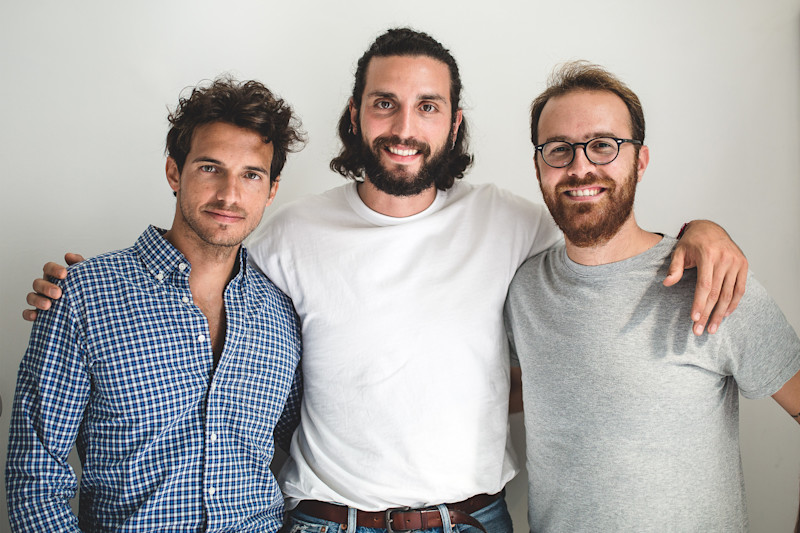
Foorban started as a digital restaurant focused on healthy business lunches, an app where customers could order several well-balanced nutritional dishes that were different by the day, such as warm octopus salad with brown rice and tomatoes or couscous with roasted chicken and sauteed veggies.
Compared to other food-delivery players, Foorban worked directly on the product, not only on the delivery. Still, entering this kind of business from scratch involved facing different challenges for Marco and the team.
The first challenge was to learn key digital skills for the online market, such as the importance of UX and UI. Marco wanted to make sure that not only the menu and the dishes were great in terms of quality and delivery, but also that customer’s experience in the app would be 100% perfect.
Marco’s leadership enabled a realization for how products, digital experience, communication, operations, and logistics should work together in a customer-centric view. As a result of this learning process and this approach, Foorban was able to sell and deliver food to hundreds of customers in 2016. Four years later and Foorban has delivered food to 500k customers in the first half of 2020.
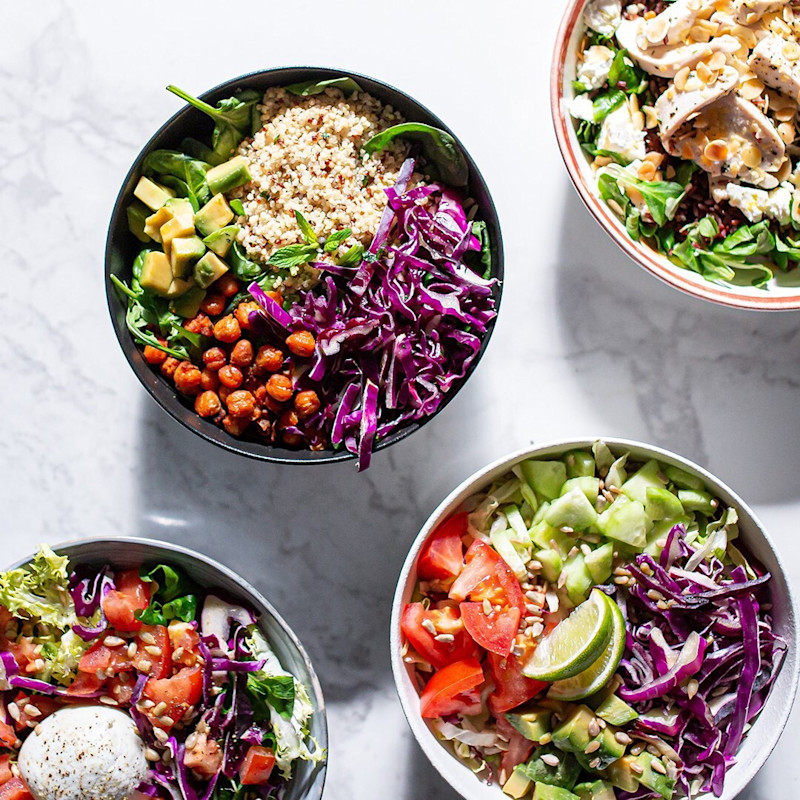
The second challenge has been more complex to face. In 2018, when the team started recording a growth of 10% week over week, the validation of the online business model brought a willingness to push ahead to the B2B2C market.
“While we were thinking about our future, I was deeply aware of the assets that I should mix in order to get the right offer to these new markets,” Marco said. “Making business is like realizing a perfect dish, you should create the right balance among ingredients, that for our company are: product, communication and target detection.”
So they started working on their assets in order to reinforce their brand and values and to communicate them to a new customer base, which implied moving from a digital restaurant focused on business lunch towards food service for companies. They developed an innovative canteen service, based on different solutions: Foorban Fridge, Foorban Store, and office delivery. Every solution is its own experience but uses the same tech stack on the backend. With this approach, they could offer an easy-to-fit solution for every corporate need.
The pivot worked. Foorban can count many corporate customers, such as Enel, Amazon, and Bending Spoons.
“Covid -19 has certainly been the most hard challenge of our history,as it completely depends on external decisions such as remote working for thousands of employees that changed their behaviour in relation to business lunch,” Marco said. “We are working on new partnership development and new clusters of customers to keep on producing and delivering our amazing food.”
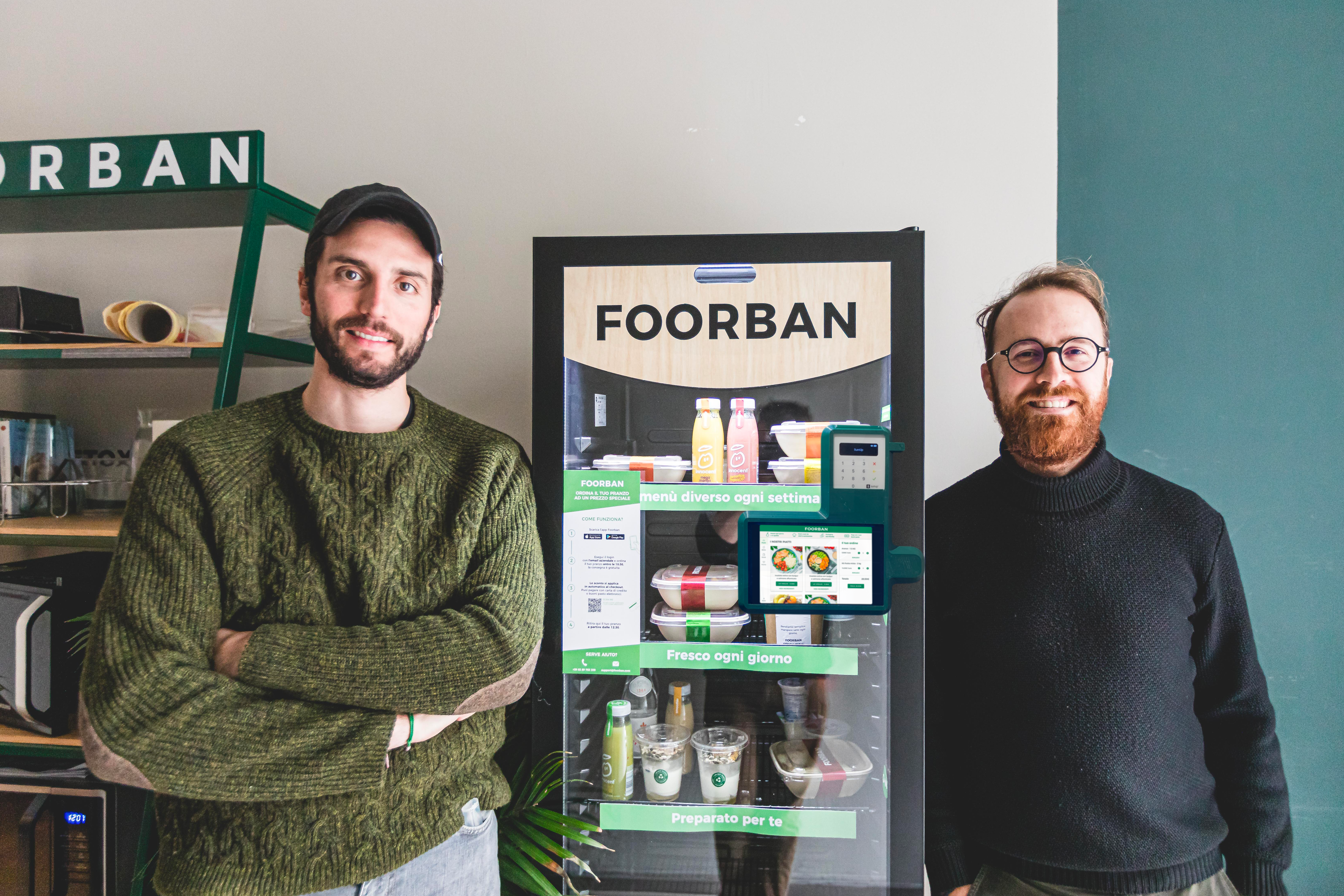
Miscusi
Miscusi, the pasta-based a food chain, authentically reproduces a convivial place to have lunch or dinner. Now in six different Italian cities, the chain has 10 stores and 300 employees.
Along with Alberto Cartasegna, Filippo started working on the first ideation of Miscusi in March 2016, during his weekends and free time. At the time, they realized that without the backing of a historical brand of well-known pasta producers such as Barilla, making pasta in Italy was not going to be an easy task.
This is part of the reason why, since the beginning, they both felt the pressure of creating a social purpose for the company: making people happy by spreading Mediterranean lifestyle.
Fortunately, they also shared a deep entrepreneurial spirit and could bring different synergic skills to the table: Filippo has an astonishing vision, obsession for food, brand consistency, and customer-centricity. While Alberto has an extraordinary execution ability that developed during his previous experience leading a Rocket Internet venture.
Filippo worked on several tasks, from receipt design to marketing strategy to real estate choices, that were very hard decisions to make. They couldn't say whether they were building something scalable or not, or if pasta could fit the market and become a brand. Still, they saw the potential for the brand, and left their jobs in October to work full-time for the new company.
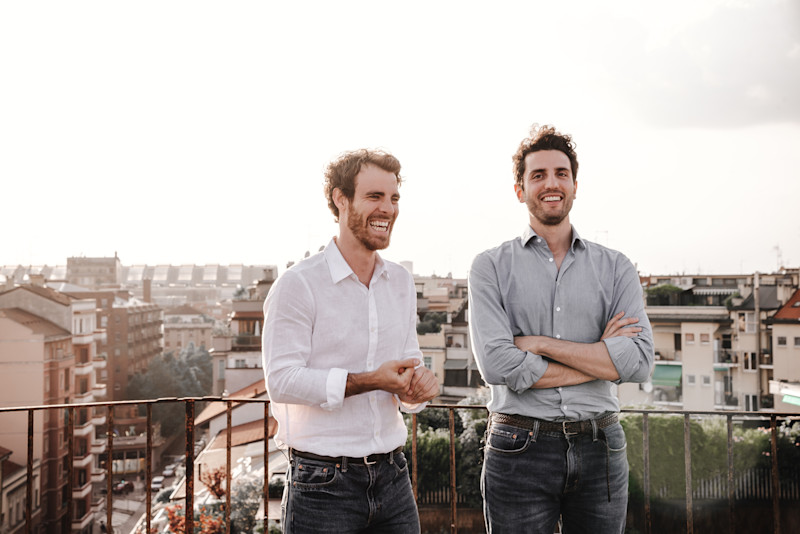
After the first Miscusi opened in Milan’s Piazza Cinque Giornate in February 2017, the business scaled rapidly for two reasons: they created an exclusive brand concept that evokes tasty pasta and the benefits of carbs within the Mediterranian diet, plus they built their presence on social media very carefully to enhance the lifestyle vision behind the business, a very unique strategy for small food retail.
“The peculiarity of this company is that pasta is a very easy and common meal in Italy,” Filippo said. “Therefore selling pasta to Italians has been a double success.”
In 2019, thanks to the success of Miscusi’s fifth location in Milan, they decided to consider other Italian cities. Here, they faced a second big challenge: many activities that became easy to manage and control in one city. Operations, delocalization of functions, and organization of the supply chain follow different rules in other microcultures and microsystems. This is the moment when they decided to set up a central headquarters in Milan. In three years, they hired 30 employees that could take the most important and scalable decisions while supporting the execution of all the non-scalable activities locally. This assessment allowed Miscusi to prepare and deliver 1 million of dishes, equivalent to 75,000kg of pasta, in 2019.
As for every food business, Covid - 19 has been a tough challenge.
“During the first Italian lockdown, we just came back though to startup life,” Filippo said. “We had the opportunity to give birth to a new idea: Bottega (the small shop) Miscusi. In just 7 days from the communication of the restrictions, we moved from retail food to a different concept that could fill new business needs given by new regulations and social distancing, delivering all our quality at people’s homes.”
La Bottega is available online and offline to sell fresh meals and pasta related products to take away, but also to deliver at home.
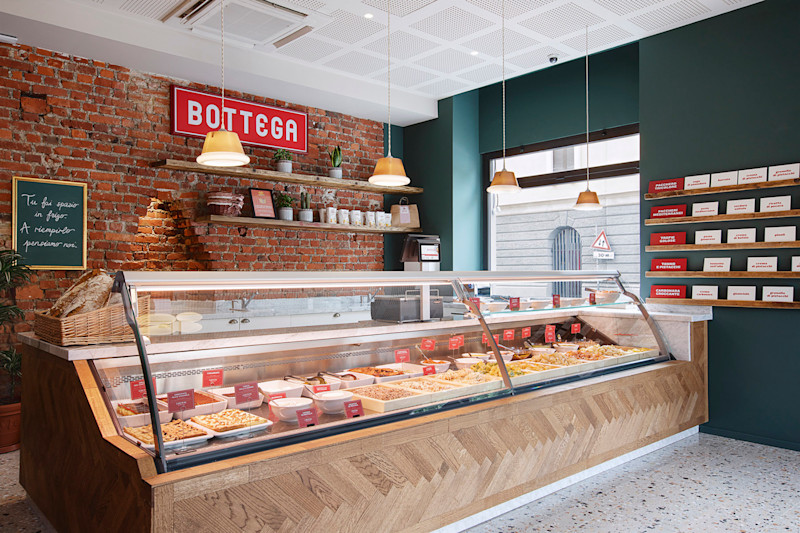
And yet what Filippo sees in Miscusi’s future is something bigger. In fact, they are focusing on the impact that the food chain has on the , as his ambition is to positively leave a mark on the whole industry by adopting technological solutions that allow the decrease of ingredients and logistic wastefulness as soon as possible.
Despite the fact that they worked in two different projects, the Mottolese twins are fully aware that they achieved these results as a consequence of being able to share their experiences and challenges together, as well as support each other on daily bases with passion and determination.
--
The Org is a professional community where transparent companies can show off their team to the world. Join your company here to add yourself to the org chart!
In this article


The ÂÜŔňÂŇÂ× helps
you hire great
candidates
Free to use – try today
